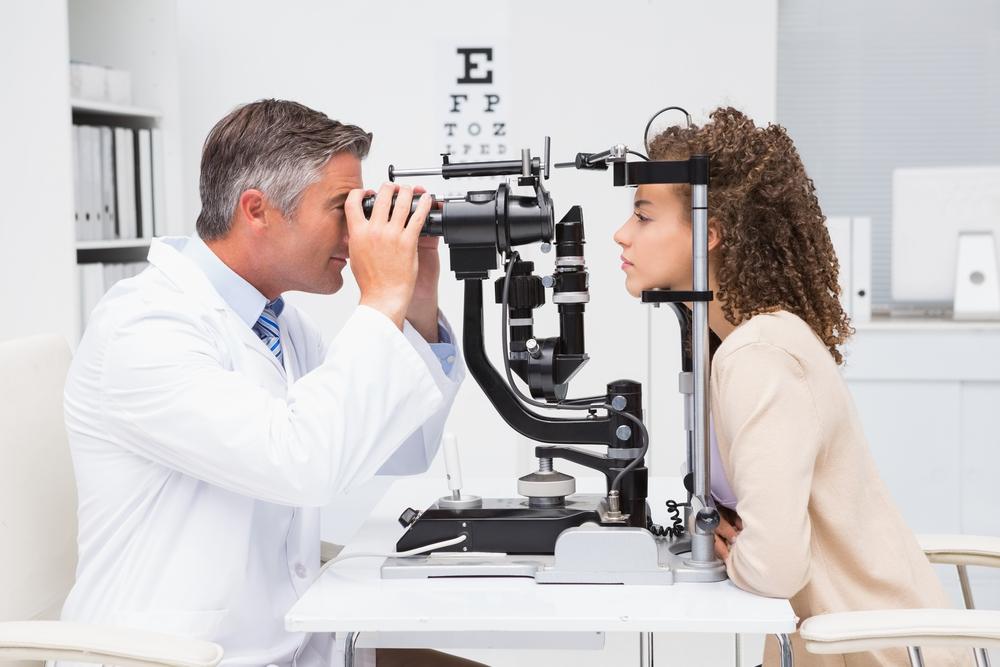Effective Strategies for Managing and Treating Cataracts
Discover comprehensive options for cataract management, from early corrective measures like glasses and contact lenses to advanced laser surgeries. Learn how lifestyle choices, health conditions, and early detection play crucial roles in preventing and treating cataracts effectively. Consult a healthcare professional promptly if you notice vision changes to avoid severe impairment and ensure optimal eye health.

Managing and Treating Cataracts: Your Options
If you are a senior experiencing blurred vision, it may be due to cataracts—a common eye condition among older adults that can be addressed through natural methods or surgery. Cataracts develop when proteins accumulate around the eye’s lens, causing vision to become cloudy. If untreated early, this condition can worsen and potentially lead to blindness.
Over 22 million people worldwide suffer from cataracts, and recently, children have also become susceptible due to increased screen exposure.
Cataracts can be likened to viewing through dusted glass—a foggy or blurry sight. They are categorized as age-related, congenital, secondary, or traumatic. The following are common treatment options:
Eyeglasses and Contact Lenses
If detected early, cataracts can sometimes be managed with medications like eye drops, along with corrective glasses or contact lenses to improve clarity. Following the doctor's advice and using these aids regularly helps reduce eye strain.
Laser Surgical Procedures
Advancements in laser technology enable quick outpatient treatments. In this procedure, the natural cloudy lens is replaced with an artificial one, often resulting in sharper vision. Post-surgery, patients typically go home the same day with prescribed medications and lifestyle tips.
Preventive and Natural Measures
Several lifestyle and health factors influence cataract development. Managing conditions like diabetes, avoiding eye injury, and reducing exposure to harmful lights are vital. Maintaining a healthy weight, quitting smoking, limiting alcohol intake, and protecting eyes from sunlight can help prevent cataracts.
Individuals with a family history of cataracts should monitor their eye health closely and consult healthcare providers for personalized advice. Early detection and lifestyle adjustments can delay or prevent severe vision loss. If symptoms arise, seeking prompt medical attention is essential to explore suitable treatment options and avoid complications.
Note: Our articles aim to provide practical insights based on research. However, they are not substitute for professional medical advice. Always consult a qualified healthcare provider for diagnosis and treatment recommendations, and avoid self-medicating.










